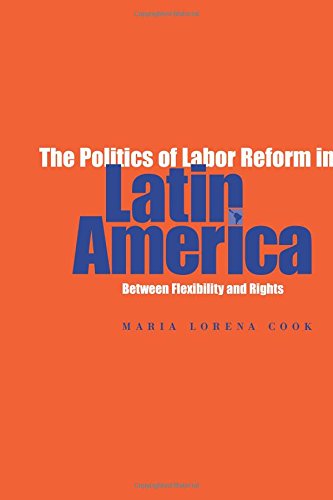

Most ebook files are in PDF format, so you can easily read them using various software such as Foxit Reader or directly on the Google Chrome browser.
Some ebook files are released by publishers in other formats such as .awz, .mobi, .epub, .fb2, etc. You may need to install specific software to read these formats on mobile/PC, such as Calibre.
Please read the tutorial at this link: https://ebookbell.com/faq
We offer FREE conversion to the popular formats you request; however, this may take some time. Therefore, right after payment, please email us, and we will try to provide the service as quickly as possible.
For some exceptional file formats or broken links (if any), please refrain from opening any disputes. Instead, email us first, and we will try to assist within a maximum of 6 hours.
EbookBell Team

4.1
70 reviewsDuring the 1990s, governments, employers, and international agencies pressed for greater flexibility in labor regulations throughout much of Latin America. In this comparative study of six Latin American countries, Maria Lorena Cook shows why these common pressures for flexibility led to varied labor reform outcomes. Her examination of the role of organized labor in shaping reform highlights the conditions under which labor can still wield power despite a decline in overall strength.
Cook employs historical case studies and paired comparisons to analyze the political dynamics that led to moderate levels of labor reform in Argentina and Brazil, extensive change in Chile and Peru, and no reform in Mexico and Bolivia. Her book identifies the array of factors—labor movement strategies, democratization and economic opening, international pressures, legal frameworks, and political legacies—that determine whether labor reforms are more likely to stress flexibility or rights.